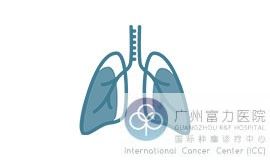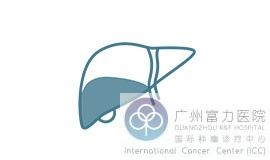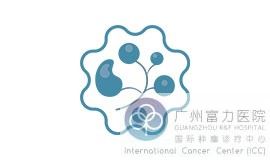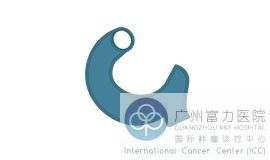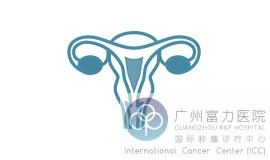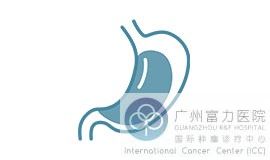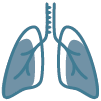—— Center cancer ——
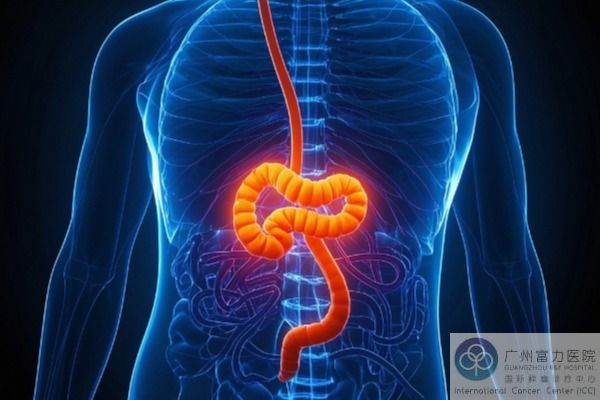
Intestinal cancer is a major threat to the digestive system, mainly including colon cancer and rectal cancer, which are mainly malignant tumors of the large intestine epithelium, of which adenocarcinoma accounts for the vast majority. In order of frequency of occurrence, they are rectum, sigmoid colon, cecum, ascending colon, descending colon and transverse colon.
In the global cancer burden, intestinal cancer ranks third among the most common malignant tumors. In 2018, the GLOBOCAN report showed that there were approximately 1.8 million new cases worldwide, and approximately 880,000 people died from intestinal cancer in the same year.
The occurrence of intestinal cancer is related to many factors, including bad eating habits (such as high fat, low fiber intake), chronic inflammation of the large intestine, adenoma, genetic susceptibility, digestive tract diseases, chemical carcinogens, schistosomiasis, pelvic radiation, soil molybdenum deficiency and smoking and other environmental and behavioral factors.
For patients with advanced intestinal cancer, minimally invasive treatment has brought new hope. This method has small wounds and few side effects. It can significantly preserve liver tissue, reduce the pain of surgical resection, and avoid the torture of traditional radiotherapy and chemotherapy, providing patients with better treatment options and quality of life.
Intestinal cancer staging:
Early stage (stage I): Cancer is still in its infancy at this stage. TisN0M0 indicates high-grade intraepithelial neoplasia, i.e. carcinoma in situ or intramucosal carcinoma, which has not yet spread; T1N0M0 and T2N0M0 indicate that the cancer has infiltrated the submucosal layer and muscle layer, respectively, but there is no lymph node metastasis and distant metastasis, which is relatively easy to treat.
Medium stage (stage II): The disease begins to progress. In stage IIA T3N0M0, the cancer has penetrated the outermost layer of the intestinal wall; in stage IIB T4N0M0, the cancer has invaded adjacent organs or structures, but there is no lymph node or distant metastasis in both stages, and there is still hope for timely treatment.
Intermediate and advanced stage (stage III): The situation becomes complicated. In stage IIIA, the cancer infiltrates the submucosal layer or muscular layer, and there are 1-3 lymph node metastases, but no distant metastases; in stage IIIB, the cancer penetrates the intestinal wall and even invades adjacent parts, and there are also 1-3 lymph node metastases, but no distant metastases; in stage IIIB, no matter how deep the cancer infiltrates, as long as there are 4 distant metastases.
Advanced stage (stage IV): This is the most difficult stage, marked as any T any N M1, which means that no matter how infiltrated the cancer is in the intestine and how the lymph nodes metastasize, as long as it has metastasized to distant organs (such as liver, lung, peritoneum, ovary, etc.), the condition is very critical and the treatment is more challenging.
For more cancer knowledge, please click online doctor for consultation
—— Traditional treatment techniques for colorectal cancer ——
Traditional treatments for colorectal cancer
Surgery: Surgery is used to remove cancerous tissue and any lymph nodes in the neck that may have metastasized.
Radiation therapy: It can be used as a single treatment or combined with other treatments such as surgery or chemotherapy.
Chemotherapy: often used as palliative treatment for advanced cancer that is inoperable or has distant metastasis;
—— New technology for fighting colorectal cancer ——
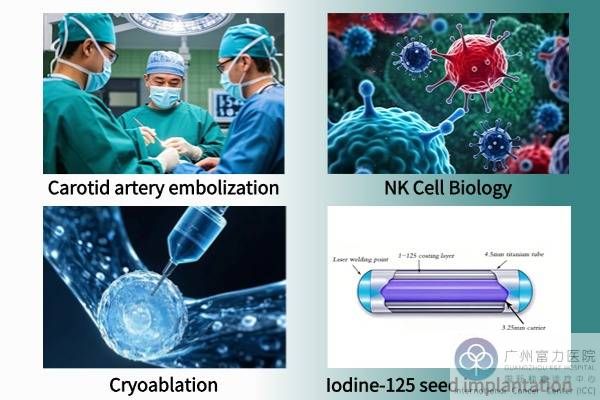
What is transarterial embolization?
Transarterial embolization is a minimally invasive technique that "starves the tumor to death." Under the guidance of DSA (digital subtraction angiography), the physician inserts the catheter into the tumor-supplying artery through femoral artery puncture (only a 2mm incision) and injects embolic agents (such as drug-loaded microspheres and iodized oil) to block blood flow. The tumor necroses due to ischemia and hypoxia, while the surrounding normal tissues are almost intact. If combined with chemotherapy drugs (i.e. TACE), a double blow of "cutting off food supply + poisoning" can be achieved simultaneously, and the efficacy can be increased by 2-3 times. It is done under local anesthesia, leaving only tiny pinholes in the skin.
What is NK cell biological immunotherapy?
NK cells (natural killer cells) are the "vanguard" of the human immune system. They can quickly identify and destroy cancer cells and abnormal cells infected by viruses without having to "remember" the enemy in advance.
What is cryoablation?
Cryoablation is a minimally invasive technique that physically destroys tumors through "extremely low temperatures". Under the guidance of CT or ultrasound, the doctor accurately punctures a pen-thin ablation needle into the tumor and releases argon gas to instantly cool the tumor to -140℃~196℃. The extremely cold environment freezes cancer cells into ice crystals, and the cell structure completely collapses. Subsequently, the helium gas is quickly heated to 20°C~40°C, and the alternating hot and cold "temperature difference attack" further destroys the residual cancer cells without damaging the surrounding normal tissues.
What is iodine-125 seed implantation?
Iodine-125 seeds are a type of "mini-radiotherapist" that is only 4.5 mm in size and contains the radioactive isotope iodine-125. After accurately locating the tumor using imaging technology (such as CT), doctors use a fine needle to implant dozens to hundreds of iodine-125 particles into the tumor. These particles deliver low-dose radiation over a continuous period of time (about 6 months), directly destroying tumor cells while maximizing the protection of surrounding normal tissue.
In addition, we also have the following tumor elimination technologies:
Radiofrequency ablation, cytokine therapy, CAR-T cell therapy, microwave ablation, immune checkpoint inhibitor PD-1/PD-L1 therapy, monoclonal antibody therapy...
—— Enter the technology area to see which technology is more suitable for you
—— Gastric cancer patient story ——

Carlos Santos (Philippine patient)
"The stage of life is always open to the brave. Even if the disease stands in the way, we must use technology and faith to compose a chapter of counterattack..."
—— To know how he recovered, read his story
—— Symptoms of Bowel Cancer ——
Colon cancer: Many patients will notice a bulge in the abdomen, nausea, vomiting, increasing weakness, anemia, fatigue, alternating constipation and diarrhea, blood in the stool, abdominal pain, abdominal cramps, and bloating.
Rectal cancer: blood in the stool, stool characteristics are no longer stable, or become thinner, or soft and shapeless,
When the "tentacles" of colon cancer begin to spread to the surrounding areas, symptoms of local tumor infiltration will follow. If rectal cancer invades the sacral plexus, it is like a "pain nerve" is ignited, and severe pain will continue to come from the lumbar sacral region, making people miserable; if it invades the prostate and bladder, symptoms such as hematuria, frequent urination, and urgency will "appear", causing great distress to the patient's urinary system.
Tumor metastasis: can spread to the liver, lungs, bones and other parts through the blood.
Metastasis to the liver, severe damage to liver function, jaundice;
Metastasis to the lungs, difficulty breathing, headache and dizziness;
It has spread to the bones, and every movement is a piercing pain.
——Knowing these symptoms can help you detect the "clues" of colorectal cancer earlier
—— Diagnosis of colorectal cancer ——
Diagnosis of colorectal cancer - using multiple methods and analyzing layer by layer
Physical examination
Endoscopy
Laboratory tests
Imaging tests
—— Enter the diagnostic center to learn about the latest diagnostic and treatment technologies
Use precise technology to create more possibilities for life.
The Cancer Center of Guangzhou R&F Hospital has opened an era of "chemotherapy-free survival" for cancer patients, winning a lasting victory for life. If you or your family are facing difficulties in cancer treatment, please contact the Guangzhou R&F Hospital Cancer Center. We offer multilingual medical history consultations, contact us today to get an assessment of your treatment eligibility.
Contact Us:
email: rfcancercenter@gmail.com |
WhatsApp: +86 1856515727










